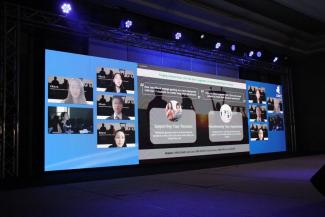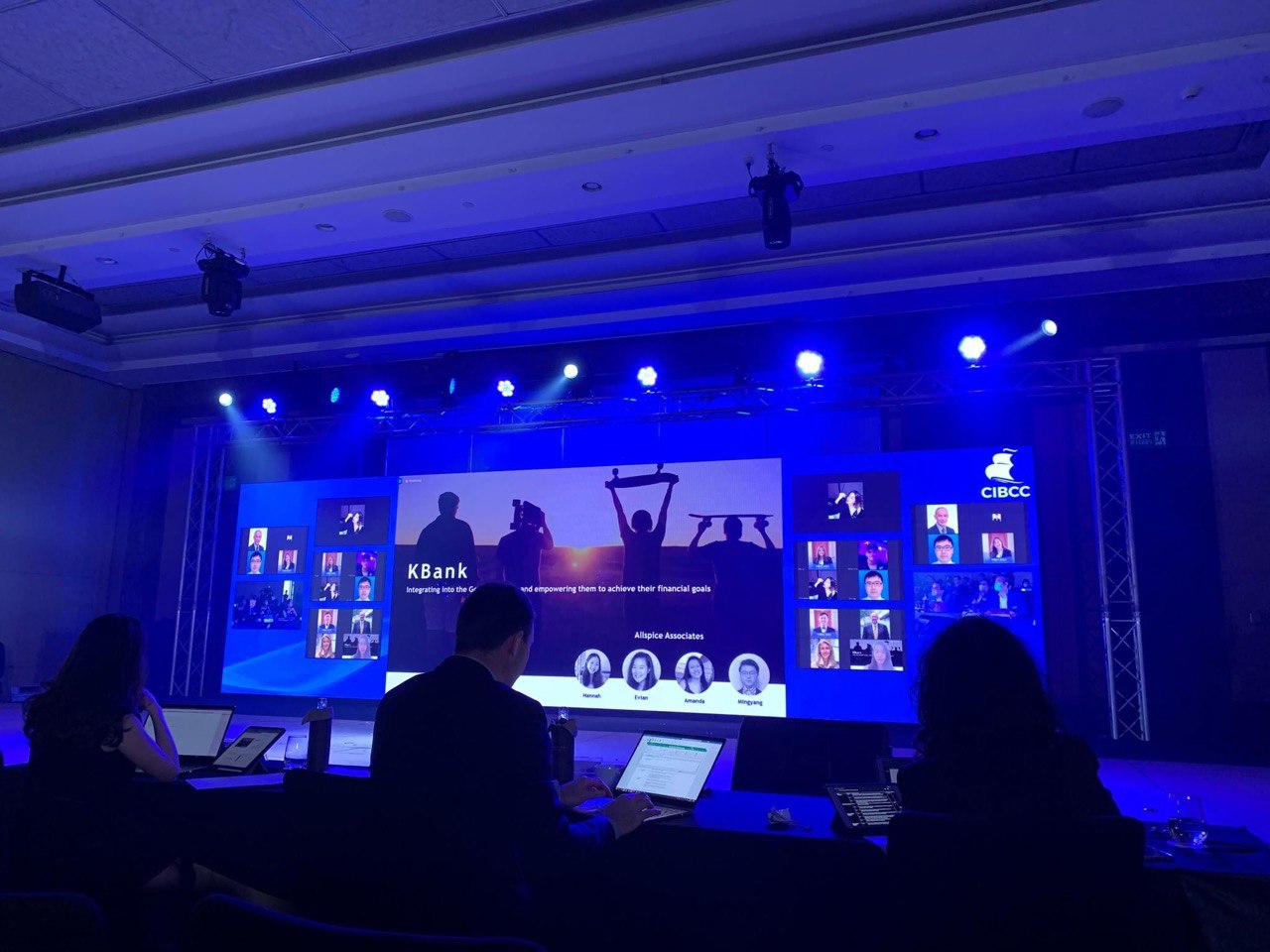
SMU’s Team Cognitare has beaten 17 other universities from 11 countries to emerge second runner-up in the 8th Chulalongkorn International Business Case Competition (CIBCC) organised by Chulalongkorn University in Thailand. Cognitare had also achieved second runner-up position in 2021.
The triumphant team comprised Hannah Teo (year 2, BSocSc), Amanda Tan (year 2, BSocSc), Evian Chua (year 3, BBM) and Li Mingyang (year 2, BSc Econ).
This year's competition took on a hybrid format. Some teams participated in person in Thailand, while others, like Team Cognitare, tuned in virtually. The competition comprised two rounds – an 8-hour case, and a 24-hour case, followed by rounds of presentations immediately after.
The 8-hour case involving Agoda, a Singaporean online travel agency and travel metasearch engine, highlighted the growing trend of sustainability in travel. Teams were given eight hours to analyse the sustainable tourism trend and develop strategies for new products and partnerships to enable Agoda’s growth and strengthen its positioning in this area.
Kasikorn Bank was the subject of the 24-hour case. Being one of Thailand’s largest and most digitally-forward consumer banks, it is seeking to capture Thailand’s Generation Z to fuel its next phase of growth. Teams were tasked to evaluate Generation Z’s major lifestyle trends, such as decentralised finance, HealthTech and EdTech, and recommend strategies to capture this highly coveted segment.
For both cases, the Team impressed judges with their strong market/consumer analyses and innovative strategies. In the Agoda case, they recommended an algorithm and partnership model, through which flights and accommodations could be ranked in terms of sustainability metrics, to allow consumers to make more eco- and social-conscious bookings. For Kasikorn Bank, they recommended a gamer-centric debit card that will allow Gen Z gamers (as well as students and fresh graduates) to engage in their favourite activity while learning to be financially savvy and to invest wisely in financial products.
In addition to their insightful recommendations, the team displayed excellent teamwork and delivered engaging presentations, and hence, topped their division in both the 8-hour and the 24-hour cases. With that, they advanced to the final round, where they faced off against finalist teams from the Corvinus University of Budapest, National University of Singapore, and University of New South Wales, before clinching the second runner-up prize.
Team leader, Hannah Teo, said, beaming with pride, “It was a great experience interacting with students from across the world, and learning about their countries and cultures. With the 8-hour and 24-hour cases, we had the wonderful opportunity to deep dive into the Thai market, and to understand the country’s culture, as well as digital banking and travel industries. We are very grateful that both Agoda and Kasikorn Bank believed in the solutions we proposed.”
“Our team faced many mishaps along the way that disrupted our training. Nevertheless, we pulled through, and managed to clinch third place, holding our own against top schools, such as UNSW from Australia and Corvinus School of Budapest. We are very grateful for the support from Lee Kong Chian School of Business and our club, and I am most proud of my teammates for tackling each challenge with a great amount positivity and grit,” she added.
- End -

